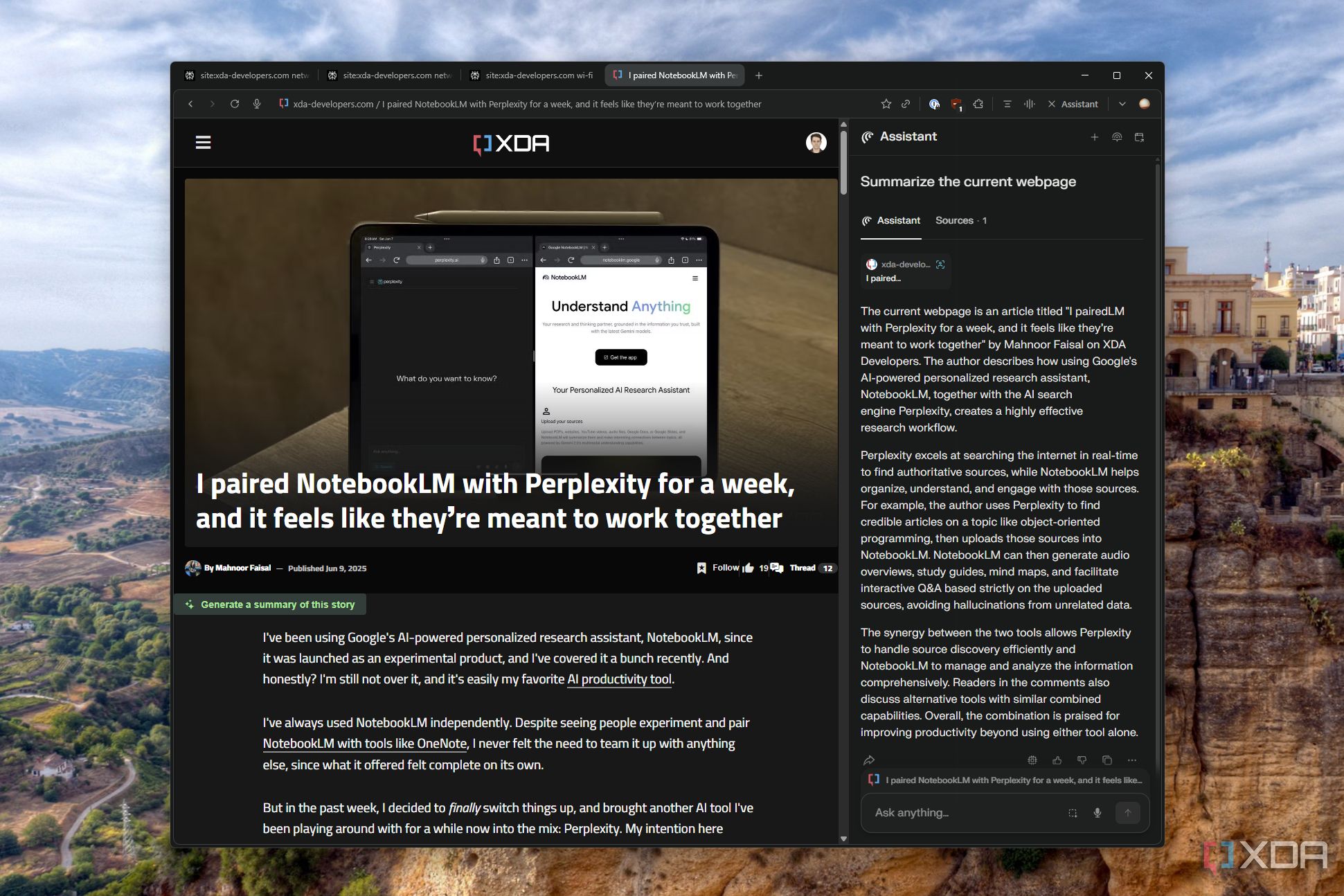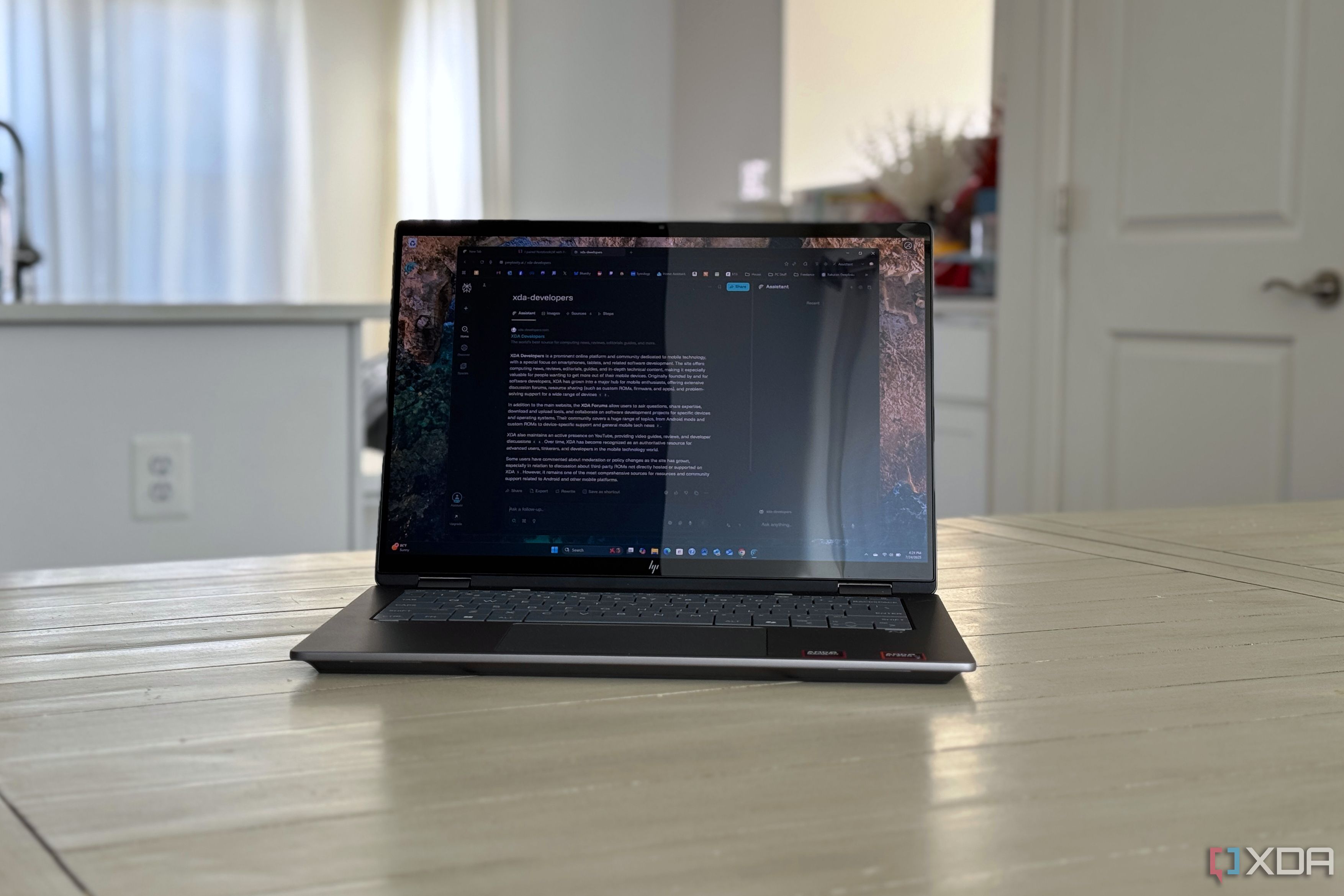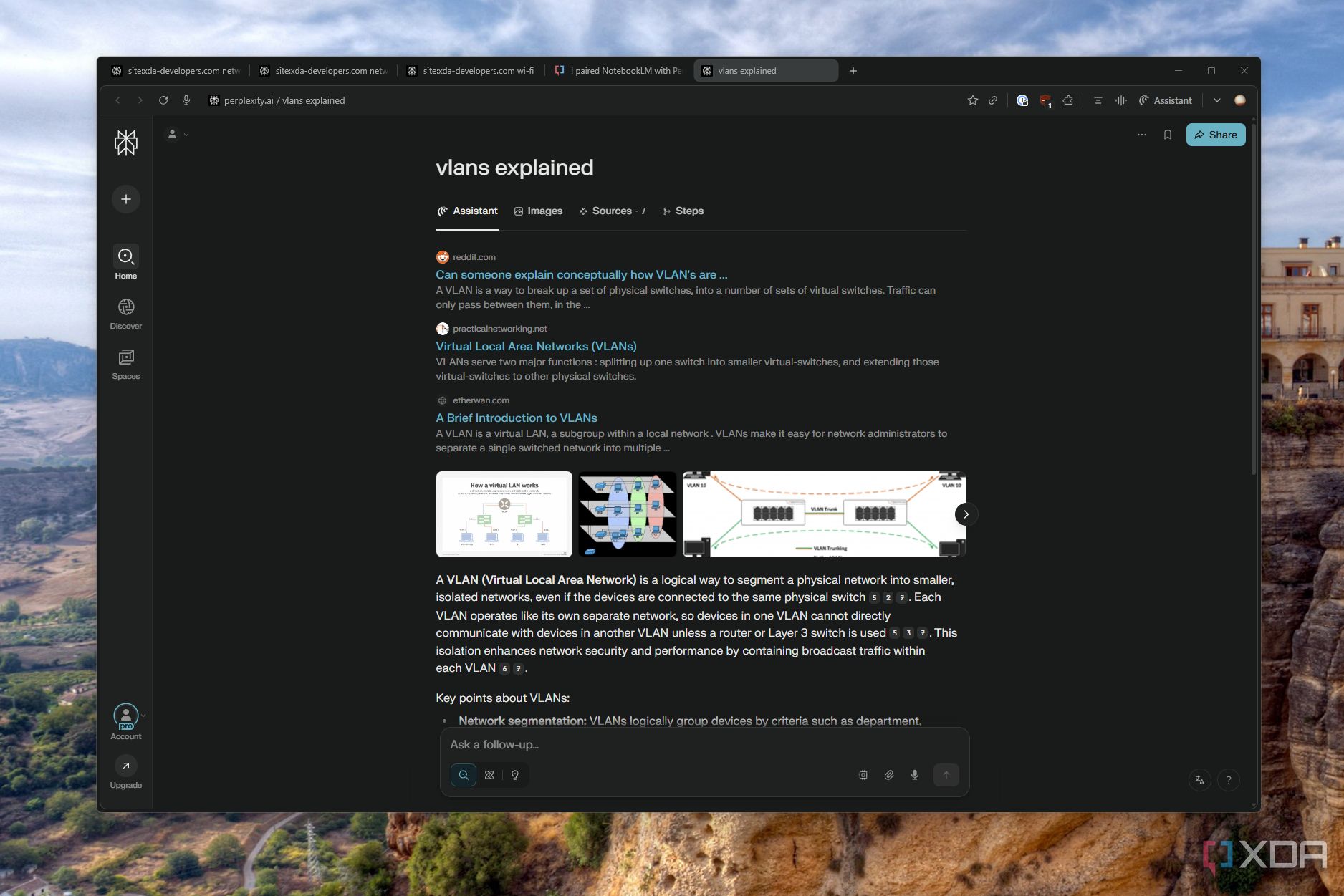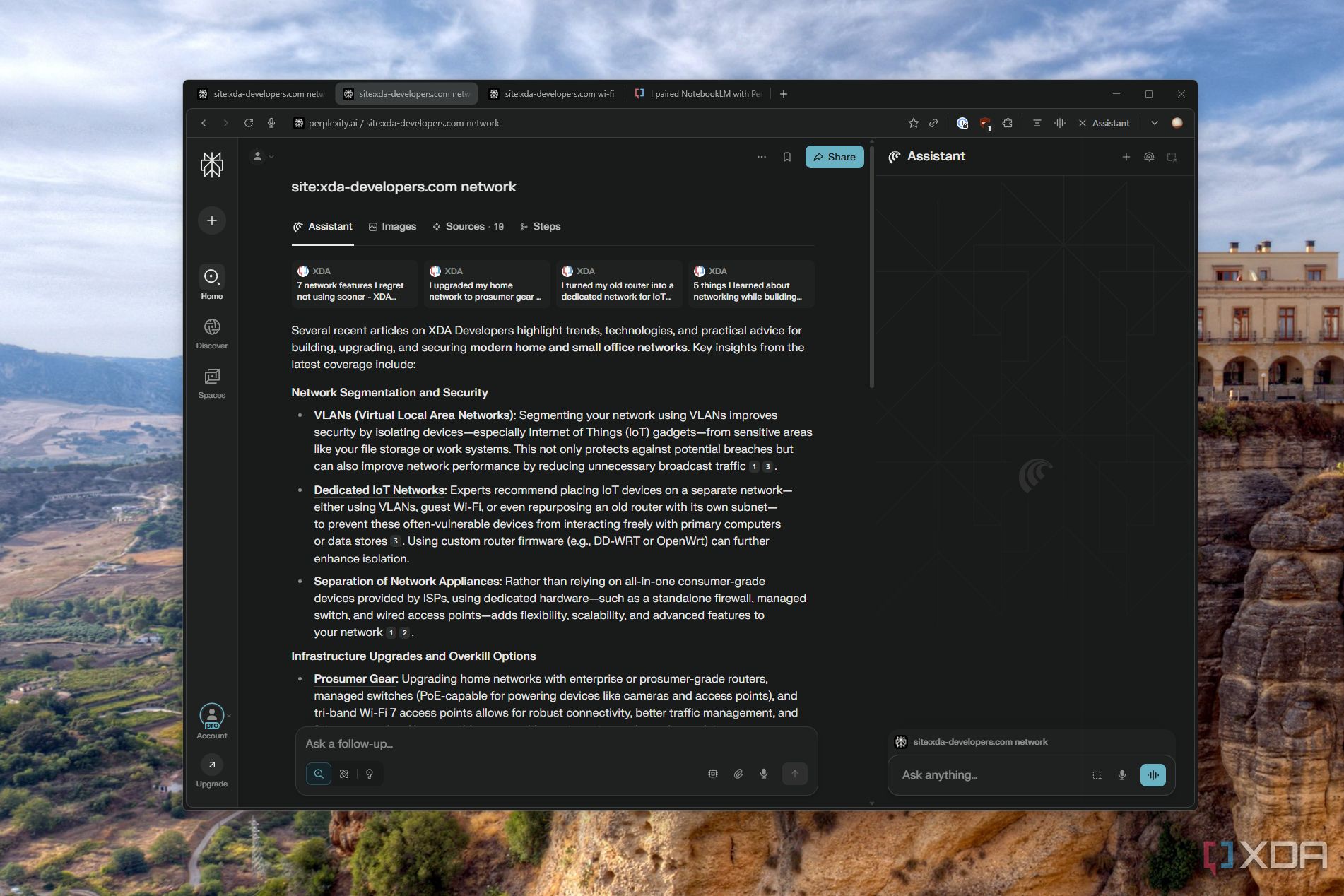I love trying new software, especially browsers, because while I haven’t been able to get away from Chrome or Chromium, I don’t like that Google has an effective stranglehold on how we perceive the Internet. It’s not exactly about finding a better browser for me, but one that helps me work better, whether having a less cluttered UI or bringing new features that transform how my brain can parse data.
This search isn’t about not being satisfied, or about hating Chrome (because I’ve used it since beta, and it feels like home in the same way Netscape used to), but about the primary use of browsers for me—hard research. As such, any window showing me search engine home pages is fine, but many browsers try to cram features into my view, ruining them. Brave feels like an arcade hall of sensory overstimulation. Firefox hasn’t felt the same for years, Vivaldi crowds me with the sidebar, Opera doesn’t know what to do with itself, and Safari no longer works on Windows.
So whenever a new browser comes out, I’m always on the waitlist for early access. The latest to grace my desktop is Perplexity.ai’s Comet, which is Chromium-based but integrates its AI agent into pretty much everything, giving me a glimpse of the future if the AI bros get their way. Spoiler alert: It’s a lot more text-based and boring than the Internet intended, and I can’t say I like it all that much.
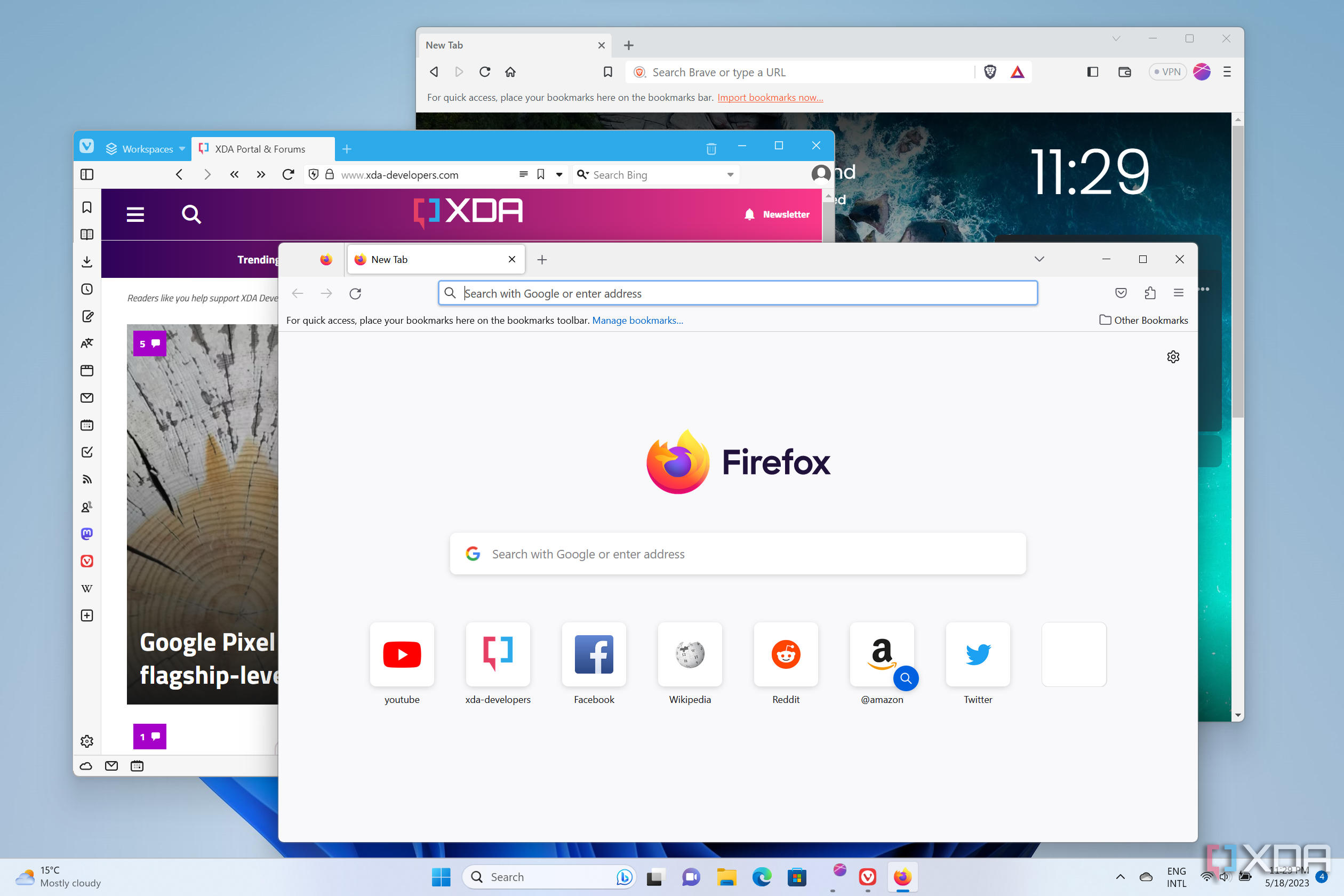
Related
9 browser extensions to power up your personal productivity
Turn your web browser into a productivity powerhouse with these top extensions
What is Perplexity Comet anyway?
It’s part web-browser, part web-crawler, and all-AI
Comet is Perplexity’s AI-infused Chromium-based browser that can perform tasks on your behalf. These can range from simple website summaries to more complex things like booking flights or restaurant reservations. The trick here is that you can leave the AI assistant working on whatever you’ve tasked it with and continue browsing or doing other things, and it’ll let you know once it’s finished.
Comet feels like vibe browsing, for the vibe coding generation.
Comet feels like vibe browsing for the vibe coding generation. Except it’s more than that. For the most part, it runs in the background, giving me a little bit more time to concentrate on whatever important tasks I have to do. It also (mostly) replaces the Electron app used as a front-end for Perplexity on the desktop, which is nice because it’s one fewer application to run on my desktop while I’m working.
The always-on AI Assistant has some neat tricks
The browser’s core runs an agentic AI Assistant powered by Perplexity’s models, which opens the door to some admittedly neat functions. In the time I’ve been using Comet as my primary browser I’ve tried letting it do the following:
- Book appointments, like the hairdresser or restaurants
- Read my email inbox and sort it by importance, using indicators like if you’ve responded to that sender before
- Create and manage tasks on my calendar
- Remind me of any calls I have scheduled
- Do deep research into topics and sort the results into easily readable reports with linked sources and further reading
- Uploaded documents to ask for summaries, formatting, and pull important specifications out
I’ve mostly used the text-based interface, but I could use voice commands with a microphone, although that’s not my preferred mode. You can ask follow-ups to any question or task, and the assistant will offer some suggestions of further queries on its own, which is nice if you’re stuck on what to ask.
I’m unconvinced that AI is what my browser needs
But at least Perplexity isn’t trying to hide it
At the moment, the consumer side of AI is split between companies that integrate AI into programs we already use and companies that create new AI-based programs. Both promise to make things faster for the user, but do they? The browser has been figured out (mostly) for decades, as has the Internet it displays. I can’t say Comet doesn’t have some useful features, because it does, and as I get used to giving the assistant longer tasks, it’s genuinely helpful, but I’m not sure if it’s necessary.
Perplexity does have one thing in its favor: showing every source it has scoured for data to collate. I’ve found a few times when it was hallucinating data that didn’t exist on the source when I clicked through to check — which is why I check every source any AI tool gives me — but it’s not often, and usually on obscure questions that don’t have many public-facing answers.
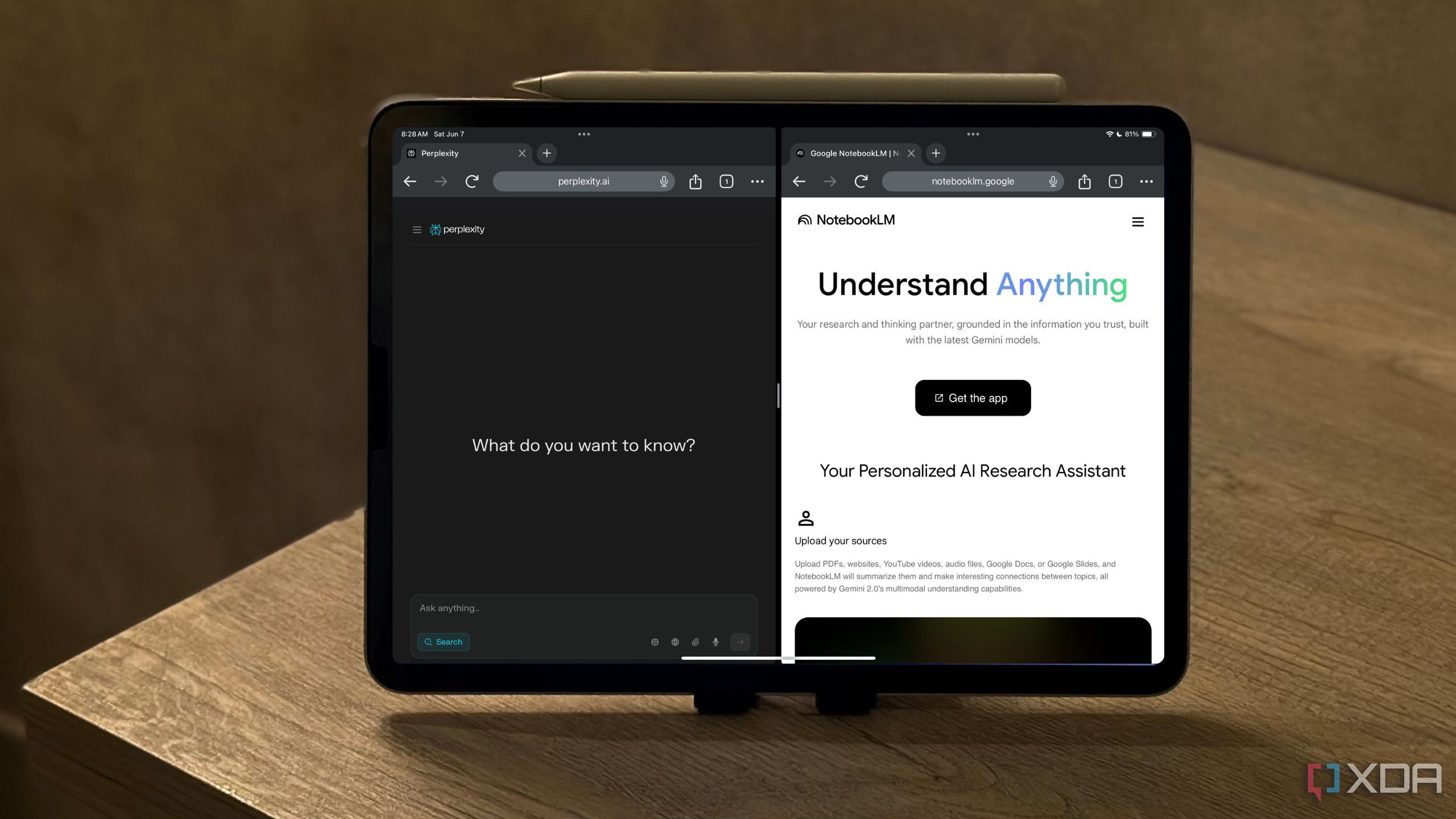
Related
I paired NotebookLM with Perplexity for a week, and it feels like they’re meant to work together
The AI duo I never know I needed
When everything is an AI summary, where is the Internet?
The killer feature of this browser is also its biggest flaw
The Internet had so much promise as a place where everyone could have a voice, find relevant information, and connect with other humans. Social media broke some of that, and so did the corporations behind it. So maybe AI-sourced summaries for every search are the next natural progression. After all, decades of sci-fi have promised us computers that could give us answers instantly, without us having to question whether they’re correct.
The problem is that the system isn’t at that level just yet, which is fine if you know that going in and account for it. Not every user will, and that’s a problem if the AI starts feeding negative feedback loops or rabbit-holes of conspiracy theories (with a few hallucinated details thrown in for good measure).
Search engines have long been gatekeepers of the Internet. That’s partly why Reddit was formed: to be the front page of the Internet and full of user-sourced information. However, that didn’t work out so well once the bots got more sophisticated. AI summaries are yet another layer of gatekeeping, except you can’t always see the sources, and some of the data comes from an impenetrable black box that you’d need high-level AI knowledge to understand, even if you could peer in. The Internet suffers as a result, even if personal productivity gets boosted.
AI search summaries break my favorite search trick
Case in point. One of my favorite research tools is to use the following Google Search string to limit the search to a single domain. Usually, it gives me a list of the hyperlinks that reference my query, and I find it handy for research and interlinking into articles.
site:[domain] [query]
The exact search on Comet gives me a synopsis of the articles mentioning the search terms, plus a tab with the source links used. I can also query the assistant for more relevant searches or select related questions. That might seem more useful, but it also pulls sources from other websites, no matter how many ways I try to limit its reach.
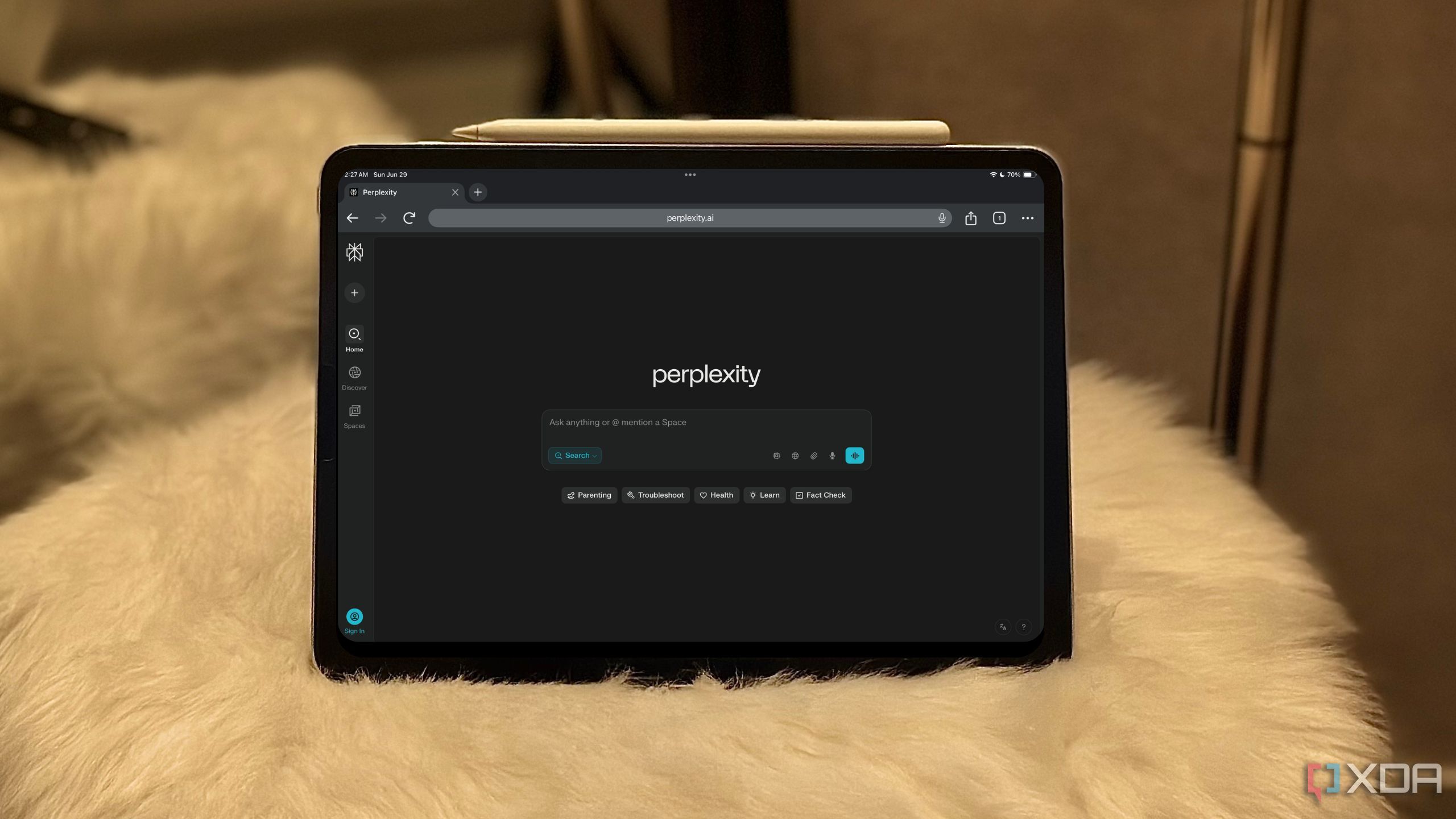
Related
3 Perplexity features that help me study smarter, not harder
Smarter study sessions > late-night cramming.
The post-AI Internet looks like Wikipedia, only without the editors
Here’s the real crux of the matter for me. AI is not a primary source, and should not be treated as one. Ask any teacher, and they’ll tell you Wikipedia is also not a primary source. Still, the site has a small army of editors and fact-checkers that (mostly) keep things accurate, plus you can see the primary source links for any given piece of data. AI also doesn’t always act as you’d want, as we’ve seen with tools deleting production databases and other essential data. Should you be letting it roam through your email inbox and make reservations for you? I don’t like this future vision of the internet, where all data is spoon-fed as AI summaries. It’s the worst possible interpretation of what the Internet could be, reduced to a few meager lines of text.

